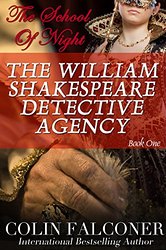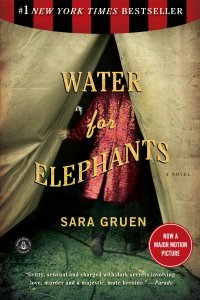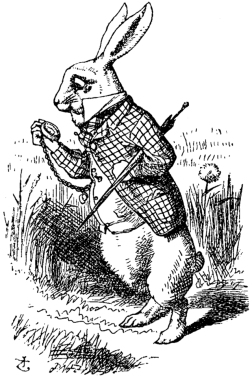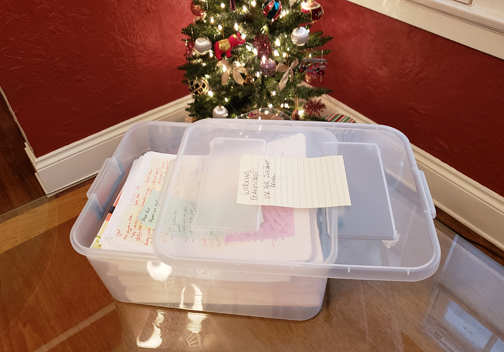
Two years from my last post – a sensible time for an update!
Yes, I’m still here. In fact, I am still pursuing that same 3:30 a.m. rising time mentioned in my last post. 3:45 a.m. seems to be my sweet spot. I’d like to make it earlier. I have other responsibilities which begin at 5:30 a.m.
Last year the Day Job consumed me – 77 hours/week for months on end. Meanwhile, my aging parents need increased assistance. Even so, many days I got up and at it before dawn. In July I made a change to my Day Job which means a lot less money but – sanity!
But, the big news is:
I FINISHED THE FIRST DRAFT OF MY FIRST NOVEL!
(Yes! I’m shouting!)
That happened sometime in September. Odd thing was, there was no parting of the clouds. No heavenly choir. I simply came to a stop and thought – right, I believe that’s all I’m going to do here. Time to start back at the beginning. Then it dawned: End of First Draft.
So, that’s what that is like. Huh.
Since then I’ve been clarifying character backstories and nailing down research details – all with the aim of starting back at page 1 on January 1st, 2019.
Which I did.
And so – here we go 2019.


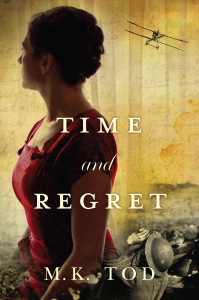 I felt honored when M. K. Tod offered me the chance to read the prelease of her latest historical fiction novel, Time and Regret.
I felt honored when M. K. Tod offered me the chance to read the prelease of her latest historical fiction novel, Time and Regret. Striving for authentic language is all very well when you are writing historical fiction that takes place in an English-speaking context – even going as far back as Shakespearean times.
Striving for authentic language is all very well when you are writing historical fiction that takes place in an English-speaking context – even going as far back as Shakespearean times.
